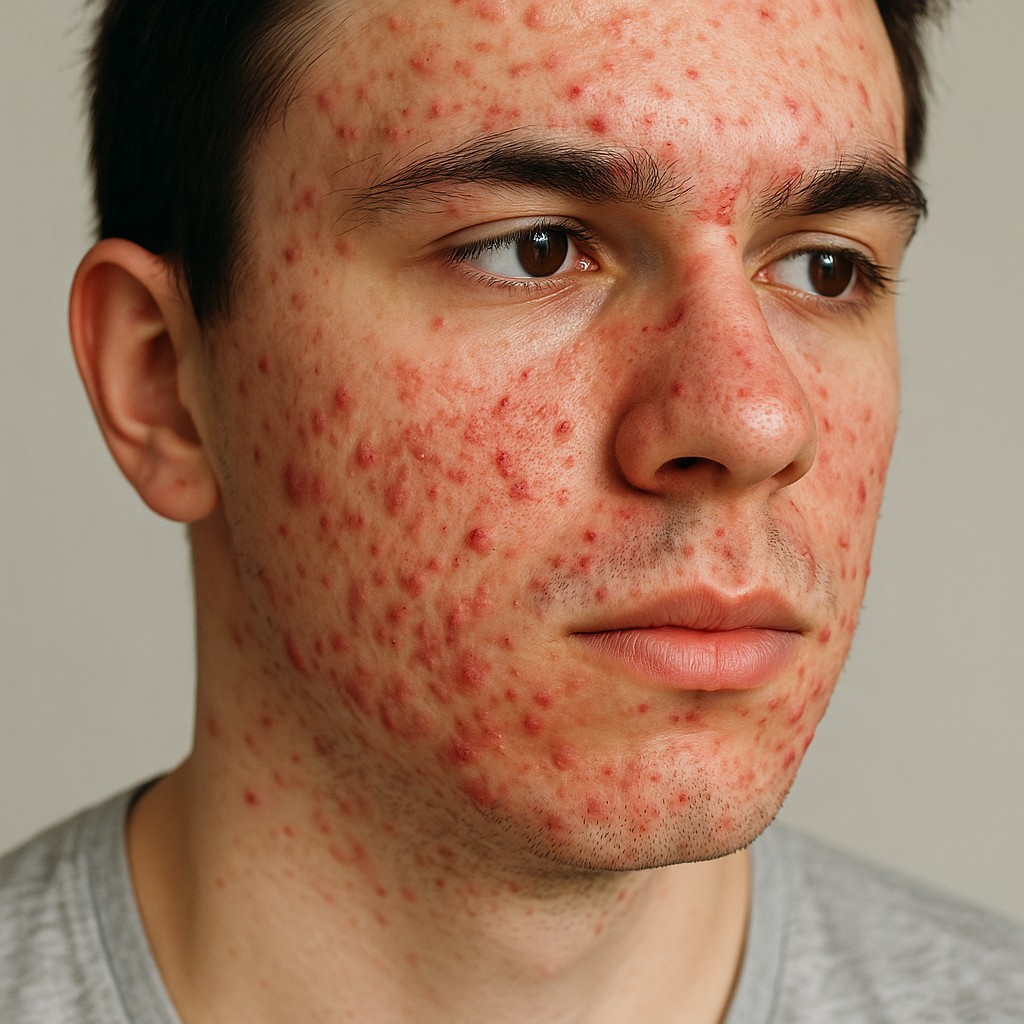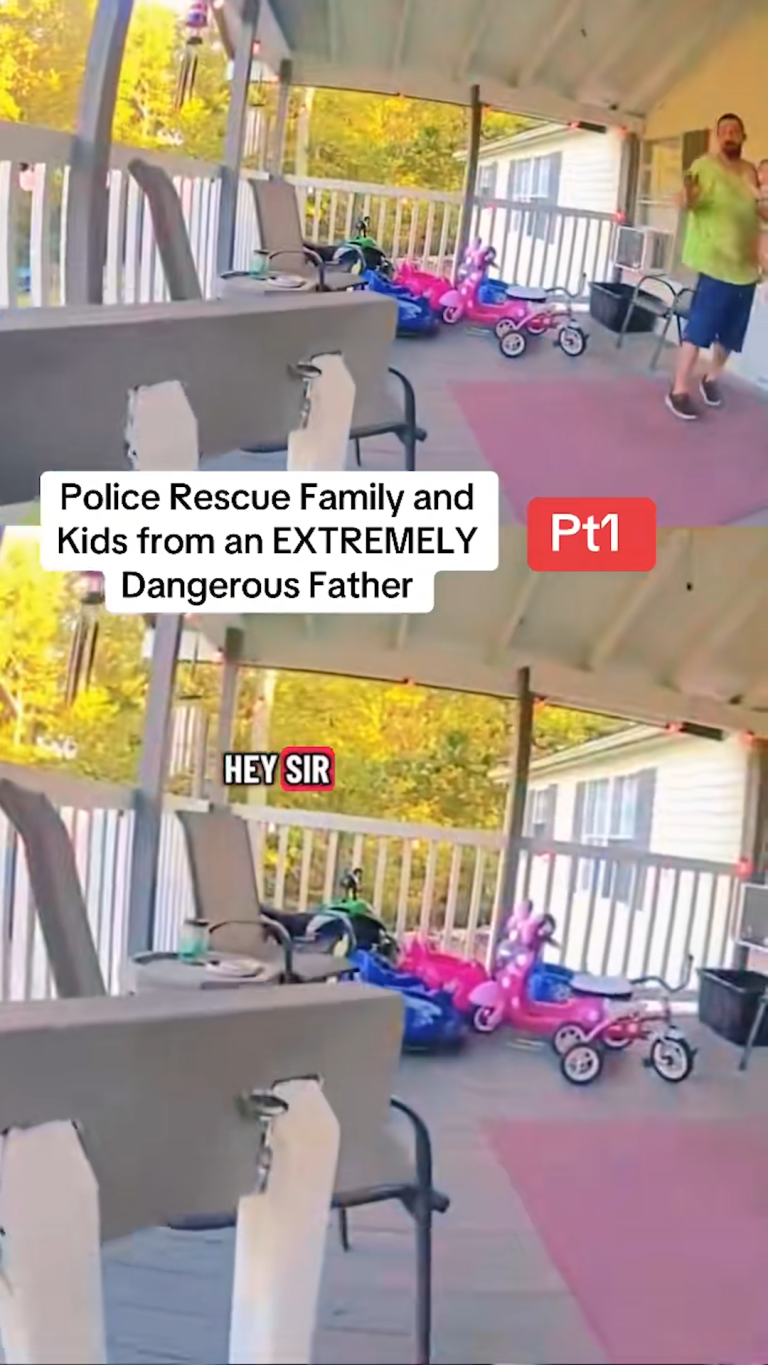
Acne Vulgaris, commonly known simply as acne, is one of the most widespread skin conditions in the United States, affecting over 50 million Americans annually. Though often associated with teenagers, acne can affect people of all ages, including adults well into their 30s, 40s, and beyond.
What Is Acne Vulgaris?
Acne Vulgaris is a chronic inflammatory skin condition that occurs when hair follicles become clogged with oil (sebum), dead skin cells, and bacteria. This results in various types of lesions on the skin, including:
- Whiteheads (closed comedones) – small, flesh-colored bumps.
- Blackheads (open comedones) – pores clogged with oil and debris that appear dark.
- Papules – small, red, inflamed bumps.
- Pustules – similar to papules but filled with pus.
- Nodules & Cysts – deeper, painful lumps under the skin, often leading to scarring.
Who Is Most Affected?
- Teens & Young Adults: Hormonal changes during puberty trigger excess oil production.
- Women: Hormonal fluctuations during menstrual cycles, pregnancy, or conditions like PCOS often worsen acne.
- Adults: Stress, diet, medications, and environmental factors can contribute to persistent adult acne.
Causes of Acne
Acne is multifactorial, but the key triggers include:
- Overproduction of sebum (oil).
- Hormonal changes increasing oil gland activity.
- Clogged pores due to improper skin exfoliation.
- Bacterial overgrowth (Cutibacterium acnes).
- Genetics: Family history can play a major role.
- Dietary factors: High-glycemic foods and dairy may worsen acne in some individuals.
Treatment Options for Acne Vulgaris
Treatment depends on the severity and type of acne:
- Topical Treatments:
- Benzoyl peroxide (kills acne-causing bacteria).
- Retinoids (unclog pores and reduce inflammation).
- Salicylic acid (exfoliates and clears blocked pores).
- Oral Medications:
- Antibiotics (reduce bacteria and inflammation).
- Hormonal therapies (birth control pills, spironolactone).
- Isotretinoin (Accutane) for severe, cystic acne.
- Professional Procedures:
- Chemical peels.
- Laser therapy.
- Microneedling for acne scars.
- Lifestyle Changes:
- Gentle cleansing (avoid over-washing).
- Non-comedogenic skincare and cosmetics.
- Stress management and a balanced diet.
Why Education Matters
Understanding acne is key to reducing stigma and encouraging early, effective treatment. Many individuals delay seeking help, worsening the risk of permanent scarring and emotional distress. With proper dermatological care, most cases can be managed or completely resolved.
✅ If you or someone you know is struggling with acne, consult a board-certified dermatologist. Early intervention can help prevent long-term skin damage and improve quality of life.



